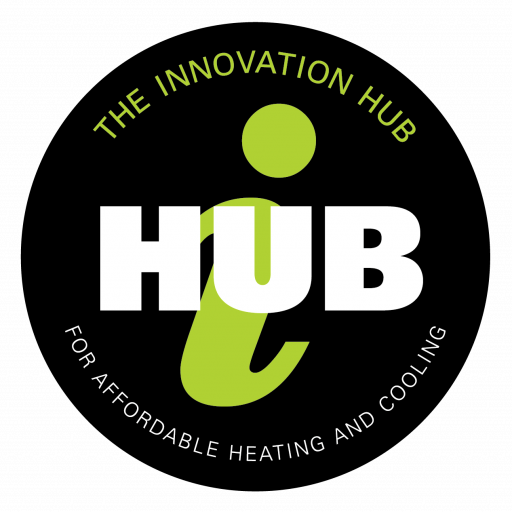Data Clearing House
About the project
The project will demonstrate the implementation of IoT solutions with the DCH IoT platform, as a means of scaling the management (control and maintenance) of solar, batteries and HVAC in Property NSW’s building portfolio.
The demonstration will be performed across five buildings. Data will be ingested into the DCH, and investigations will be conducted on the ability of the DCH to store, organise and structure the data in a standardised framework, such that anyone can query the information with high level of confidence, in order to generate business insights and actions that help optimise building performance, manage energy consumption and solar PV generation, and reduce repairs and maintenance costs.
| Project title | Sustainability monitoring and energy innovation in five NSW government buildings |
| Project number | DCH4 |
| Project location | New South Wales |
| Lead partner | Property NSW |
| Project partners | CSIRO |
| Project participants | AM Building Efficiency Pty Limited |
| Start date | 02/2021 |
| End date | 05/2022 |
| ARENA/i-Hub funding | $222,703 |
| Total project cost | $819,025 |





Need
Property NSW has a diverse portfolio of commercial buildings across NSW, including properties and tenancies in Sydney and major regional centres as well as properties in regional areas across NSW. The IOT Smart Building project is seeking to address the following challenges:
- Many of the buildings have little automated controls and no remote monitoring and/or control capabilities with consequent inability for facility management to review conditions and triage service calls and complaints.
- Large scale BMS are not commercially viable for these smaller buildings.
- Where buildings are equipped with BMS, there is no consistency with respect to the user interface, remote monitoring capability and integration of various services.
- Data integration for analytics and other purposes is very difficult with current basic building controls.
- Related information such as floor plans, service manuals and the like are separately stored and not easily accessible to facility management users.
Overcoming these barriers will assist Property NSW to fulfill its strategic and policy mandates.
Action
The project will
demonstrate the implementation of IoT solutions with the DCH IoT platform, as a
means of scaling the management (control and maintenance) of solar, batteries
and HVAC in Property NSW’s building portfolio.
The demonstration will be performed across 5 buildings. Data will be ingested into the DCH, and investigations will be conducted on the ability of the DCH to store, organise and structure the data in a standardised framework, such that anyone can query the information with high level of confidence, in order to generate business insights and actions that help optimise building performance, manage energy consumption and solar PV generation, and reduce repairs and maintenance costs.
Where possible, learnings will be documented as procedures and protocols for data integration across different building sub-systems. The project has very deliberately chosen a range of different buildings and building systems, in order to stress-test the range of integration methods.
Outcome
Key outcomes of the project are:
- Demonstrate implementation of a broad ranging IoT open source solutions to monitor, optimise, schedule and control commercial building assets, at five office buildings.
- Integrate Solar PV, Batteries and HVAC demand response technologies as a subset of the project to reduce cost and emissions, resulting in at least one additional software “Application” on the DCH.
- Carry out measurement and verification of each project type to document learnings on various use cases via data analytics and stakeholder feedback resulting in future improvement and broader implementation across the industry.
Project reports
Evaluation Framework
All sub-projects within i-Hub are evaluated as part of the ongoing i-Hub project management process. Evaluation is completed by the project manager and reviewed by the Activity Leaders Group and i-Hub Steering Committee. Please click here to read the Evaluation Framework.
Created 03/05/2021
